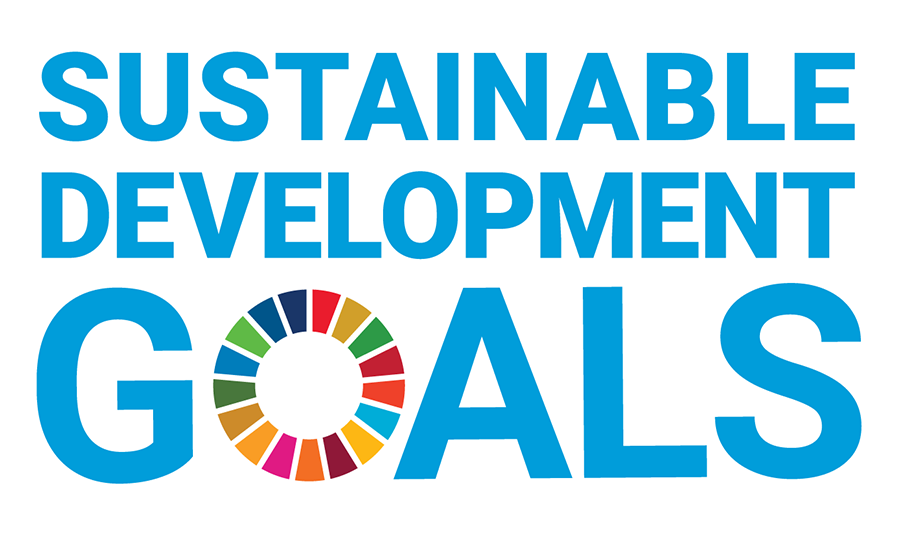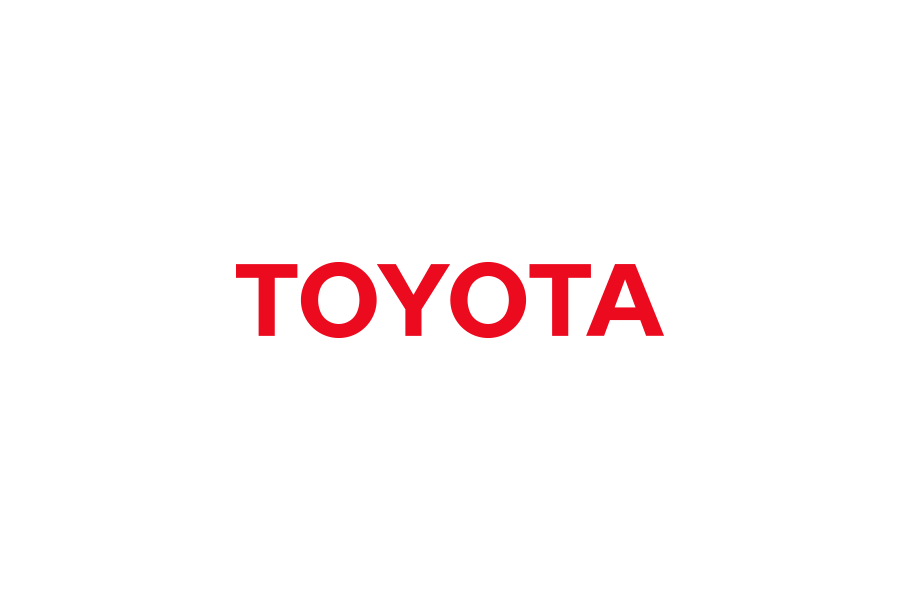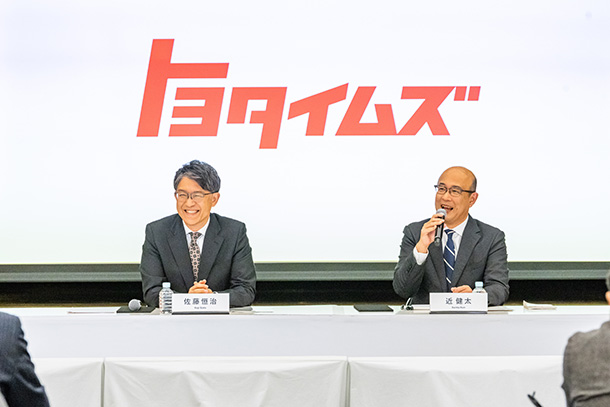Jul. 21, 2021
Suzuki and Daihatsu Join Commercial Japan Partnership for Dissemination of CASE Technologies in Mini-commercial Vehicles
Daihatsu Motor Co., Ltd.
Toyota Motor Corporation
Tokyo, Japan, July 21, 2021―Suzuki Motor Corporation (Suzuki) and Daihatsu Motor Co., Ltd. (Daihatsu) announced that they joined the Commercial Japan Partnership (CJP) commercial vehicle project today to accelerate their carbon neutrality initiatives in minivehicles through the dissemination of CASE technologies and services. As part of their participation in the project, Suzuki and Daihatsu are to each acquire 10 percent of issued shares of Commercial Japan Partnership Technologies, the joint venture for the CJP initiative, from Toyota Motor Corporation (Toyota).
Minivehicles, in which Suzuki and Daihatsu excel, account for about 31 million of the approximately 78 million vehicles owned in Japan and serve as an essential lifeline in the daily lives of people, especially in rural areas. Also, mini-commercial vehicles cover areas that are accessible to them because of their size and support last-mile logistics. Although minivehicles can play important roles in the realization of a carbon-neutral society and the spread of CASE technologies and services, in this era of profound transformation, there are many issues that minivehicle manufacturers are unable to solve on their own.
CJP was launched in April this year to accelerate societal implementation and dissemination of CASE technologies and services by combining the commercial business foundations cultivated by Isuzu Motors Limited (Isuzu) and Hino Motors Limited (Hino) with the CASE technologies of Toyota while helping address various challenges facing the transportation industry as well as contribute to the achievement of a carbon-neutral society.
Expanding CJP to include minivehicles with the participation of Suzuki and Daihatsu will enable the promotion of improved integrated logistics efficiency spanning from large trucks to mini-commercial vehicles. This new collaboration also aims to disseminate affordable advanced safety technologies and electrification for minivehicles via the leveraging of Suzuki and Daihatsu's strength of high-quality, low-cost manufacturing and Toyota's CASE technologies.
Main Aims of CJP Collaboration
- Improving logistics efficiency by building a connected-technology infrastructure that links the main arteries of logistics (truck logistics) with the capillaries of logistics (mini-commercial vehicles)
- Expanding from commercial vehicles to minivehicles the use of advanced safety technologies that contribute to safety and security
- Cooperating on the use of technologies for the electrification of affordable, high-quality minivehicles that can be sustainably disseminated
To fulfill the automotive industry's mission of "improving people's lives" and "leaving a better Japan and a better planet for the next generation", the companies participating in CJP intend to continue to deepen areas of collaboration and openly consider coordination with other like-minded partners.
Outline of Commercial Japan Partnership Technologies (at the end of July 2021)
| Name | Commercial Japan Partnership Technologies Corporation |
|---|---|
| Location | 1-4-18 Koraku, Bunkyo-ku, Tokyo |
| Capitalization | 10 million yen (Capital structure: Toyota 60 percent, Isuzu 10 percent, Hino 10 percent, Suzuki 10 percent, Daihatsu 10 percent) |
| Representative director | Hiroki Nakajima, president (President of Toyota Motor Corporation's in-house CV Company) |
| Start of operations | April 1, 2021 |
| Principal line of business | Planning CASE technologies and services for commercial vehicles |
"Achieving zero, and adding new value beyond it"
As part of efforts to pass our beautiful "Home Planet" to the next generation, Toyota has identified and is helping to solve issues faced by individuals and overall society, which Toyota calls "Achieving Zero," hoping to help reduce the negative impacts caused by these issues to people and the environment to zero. Additionally, Toyota is also looking "Beyond Zero" to create and provide greater value by continuing to diligently seek ways to improve lives and society for the future.
- About Beyond Zero
- https://global.toyota/en/mobility/beyond-zero/
Toyota Motor Corporation works to develop and manufacture innovative, safe and high-quality products and services that create happiness by providing mobility for all. We believe that true achievement comes from supporting our customers, partners, employees, and the communities in which we operate. Since our founding over 80 years ago in 1937, we have applied our Guiding Principles in pursuit of a safer, greener and more inclusive society. Today, as we transform into a mobility company developing connected, automated, shared and electrified technologies, we also remain true to our Guiding Principles and many of the United Nations' Sustainable Development Goals to help realize an ever-better world, where everyone is free to move.
- SDGs Initiatives
- https://global.toyota/en/sustainability/sdgs/






